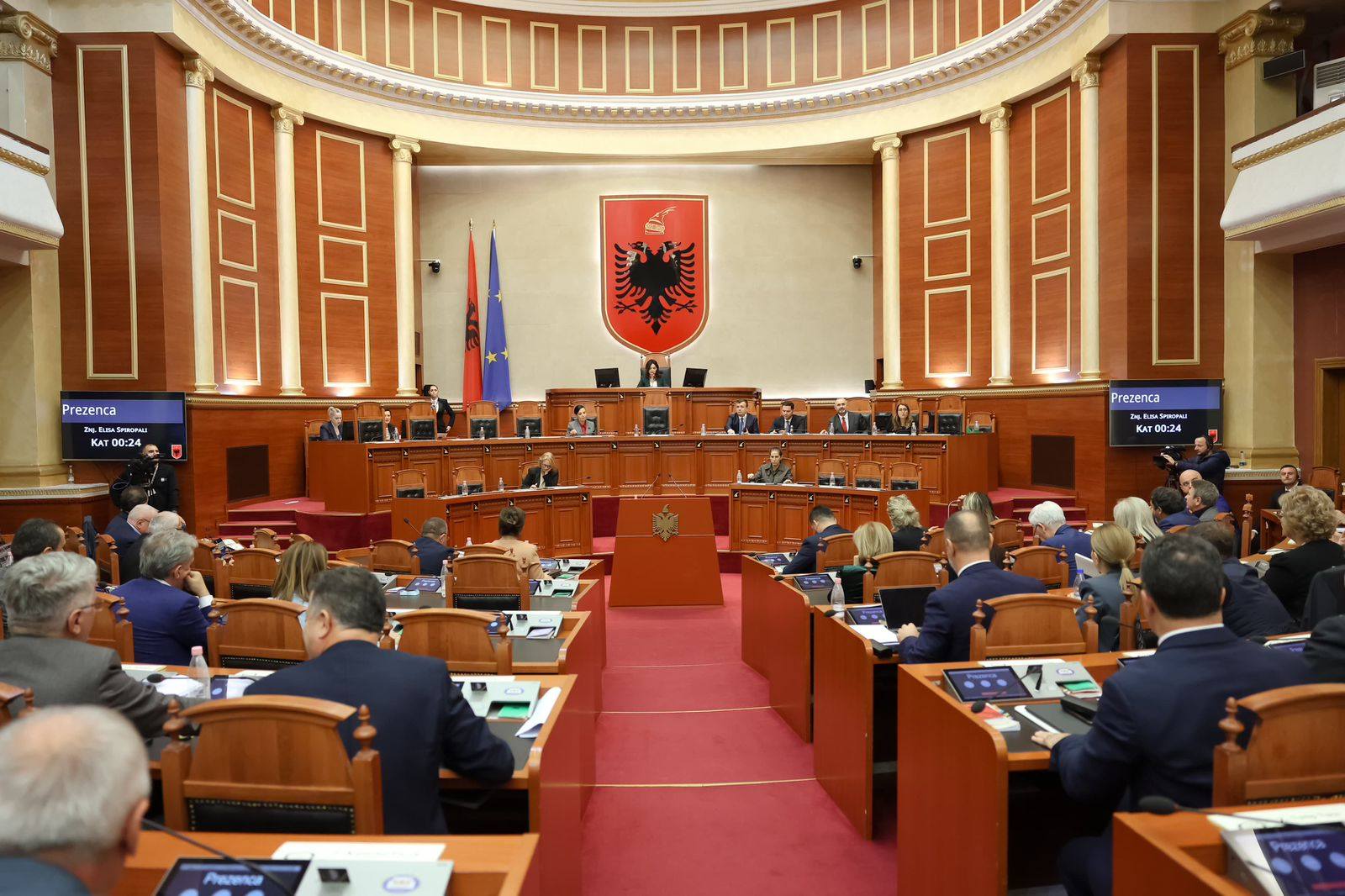Albanian Parliament passes historic €8.2 billion budget for 2025 amid opposition protests

The Albanian Parliament has approved the 2025 budget after a marathon two-day session. With 75 votes in favor, 40 against, and no abstentions, the €8.2 billion budget—the largest in the country’s history—received parliamentary backing.
Why is this important: This is the 11th budget crafted by the Socialist Party during their three governing terms, marking a significant milestone in fiscal planning. The opposition, however, criticized the budget, claiming it neglects pension and wage increases and offers insufficient support to vulnerable groups.
By comparison, in 2013, the last year of the Democratic Party’s governance, Albania operated with a budget of €4.2 billion—half of next year’s allocation.
Context: The parliamentary debate turned into a fiery exchange of political accusations, with both sides claiming to represent the interests of Albanian citizens.
While the 2025 budget has passed in principle, it will return to parliamentary committees for a detailed review. The opposition has proposed 19 amendments, including:
- Increasing pensions and wages for key sectors.
- Boosting funding for education, healthcare, and agriculture.
- Implementing a €200 minimum subsistence level.
- Raising the unconditional transfer to municipalities.
The Socialist majority, however, remains noncommittal about incorporating these amendments. Prime Minister Edi Rama has emphasized bonus allocations for pensioners at the end of the year and promised a spring bonus. He stated that further structural increases in pensions and wages could only be revisited during a future mandate, for which he expressed confidence in securing victory in the upcoming May elections.
The budget includes promises of reduced energy costs starting in January, framed as additional support for citizens.
Protests outside parliament: As lawmakers debated inside, opposition supporters gathered outside the parliament building in protest, accusing the government of impoverishing citizens. The demonstration highlighted public dissatisfaction over economic inequalities and perceived neglect of social welfare in the budget.
What’s Next: The finalized budget is expected to undergo further scrutiny in committee sessions, where amendments may be debated. The government’s handling of rising public discontent and its ability to deliver on promises could shape the political climate leading to the next elections.


